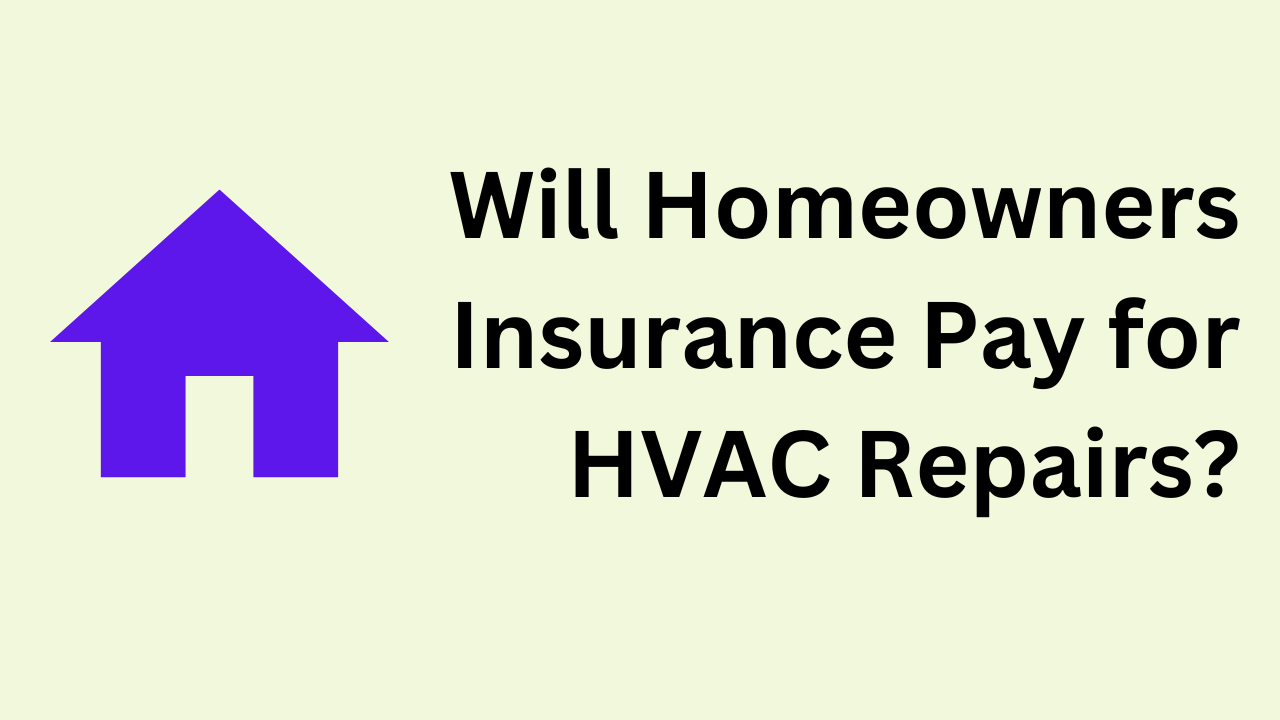Owning a home comes with many responsibilities, including maintaining essential systems like heating, ventilation, and air conditioning (HVAC). One of the most common questions homeowners ask is, “Does homeowners insurance cover HVAC systems?” The answer isn’t always straightforward, as it depends on the cause of the damage and the specifics of your policy. Let’s dive into the details.
What is HVAC?
HVAC stands for Heating, Ventilation, and Air Conditioning, and it’s a crucial system in any home. It regulates temperature, provides comfort, and ensures good air quality. Given its importance, any malfunction or damage to the HVAC system can lead to significant inconvenience and potentially high repair costs.
Understanding Homeowners Insurance
Homeowners insurance typically provides coverage for the structure of your home, personal belongings, and liability protection. Policies are designed to protect against certain perils, such as fire, windstorms, hail, and theft. However, not all damage or loss is covered, and this is where understanding the specifics of your policy becomes crucial.
When Does Homeowners Insurance Cover HVAC Systems?
- Perils Covered by Insurance:
- Fire Damage: If your HVAC system is damaged or destroyed by a fire, your homeowners insurance will typically cover the cost of repair or replacement.
- Storm Damage: Damage caused by windstorms, hail, or lightning might be covered, depending on your policy. For instance, if a tree falls on your outdoor air conditioning unit during a storm, your insurance may cover the repairs.
- Theft or Vandalism: If your HVAC system is stolen or vandalized, you can likely file a claim with your insurance company for coverage.
- Perils Not Covered by Insurance:
- Wear and Tear: Homeowners insurance generally does not cover the normal wear and tear of your HVAC system. If your system fails due to age or lack of maintenance, you will likely have to pay for repairs out of pocket.
- Mechanical Breakdown: If your HVAC system breaks down due to a mechanical issue or defect, homeowners insurance typically won’t cover the cost of repairs or replacement. You might need a separate home warranty or equipment breakdown coverage for this type of protection.
Factors That Influence Coverage
- Age of the HVAC System: Older systems may be more susceptible to breakdowns, and insurance companies might take the age of the system into account when processing claims.
- Maintenance: Regular maintenance of your HVAC system is crucial. If the damage is found to be due to neglect, your claim might be denied.
- Policy Limits: Every insurance policy has limits on how much it will pay out for certain claims. It’s essential to know these limits to avoid surprises when filing a claim.
Additional Coverage Options
If your homeowners insurance doesn’t fully cover your HVAC system, you might want to consider additional protection:
- Equipment Breakdown Coverage: This can be added to your homeowners policy and may cover mechanical failures, electrical issues, and other breakdowns that a standard policy wouldn’t.
- Home Warranty: A home warranty is a separate contract that covers repairs or replacements of home systems and appliances, including HVAC systems, due to normal wear and tear.
Conclusion
While homeowners insurance can provide some protection for your HVAC system, it’s not a catch-all solution. Understanding the specifics of your policy, maintaining your HVAC system regularly, and considering additional coverage options can help ensure you’re adequately protected. If you’re unsure about your coverage, it’s always a good idea to review your policy with your insurance provider to clarify what is and isn’t covered.
